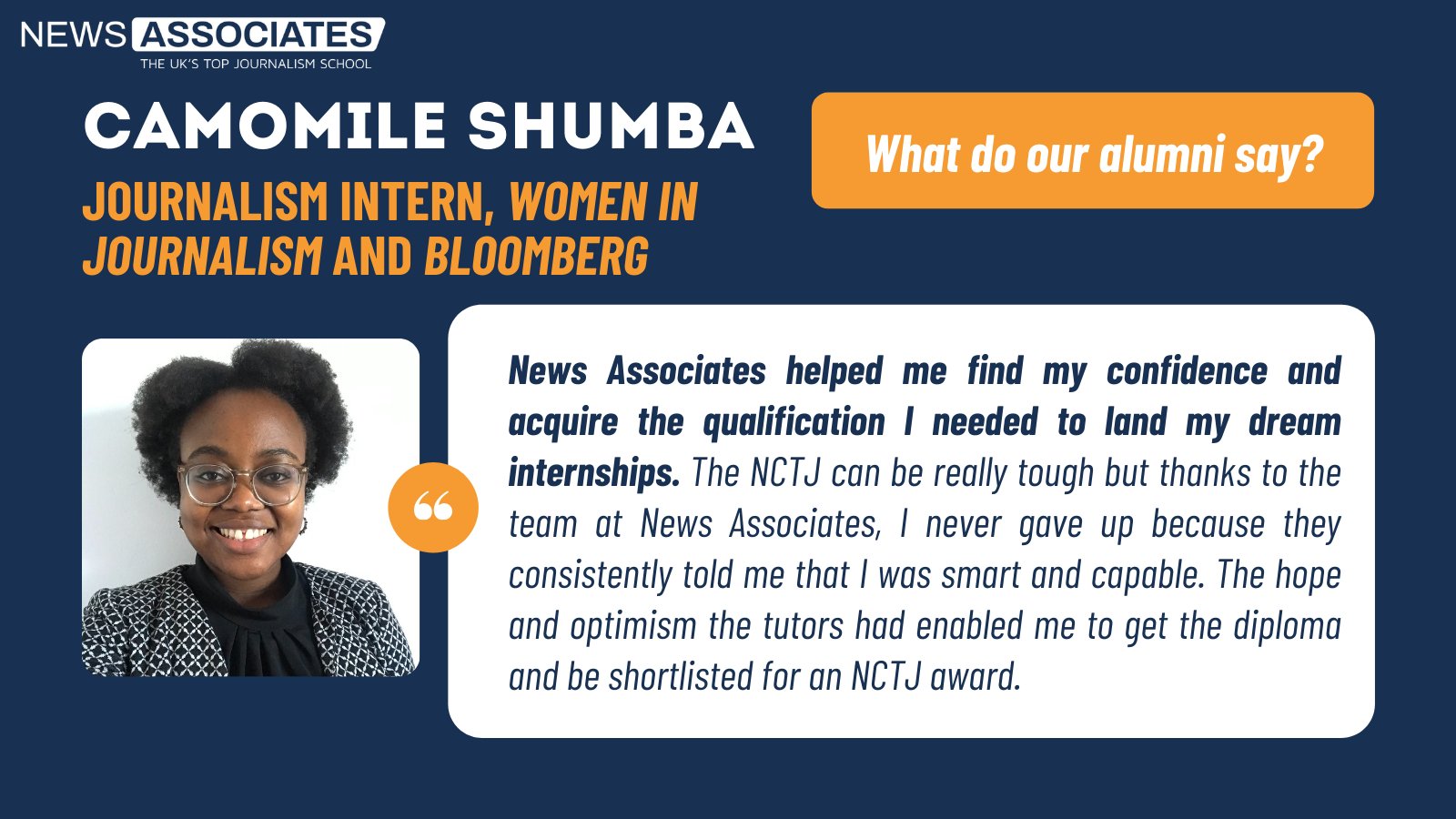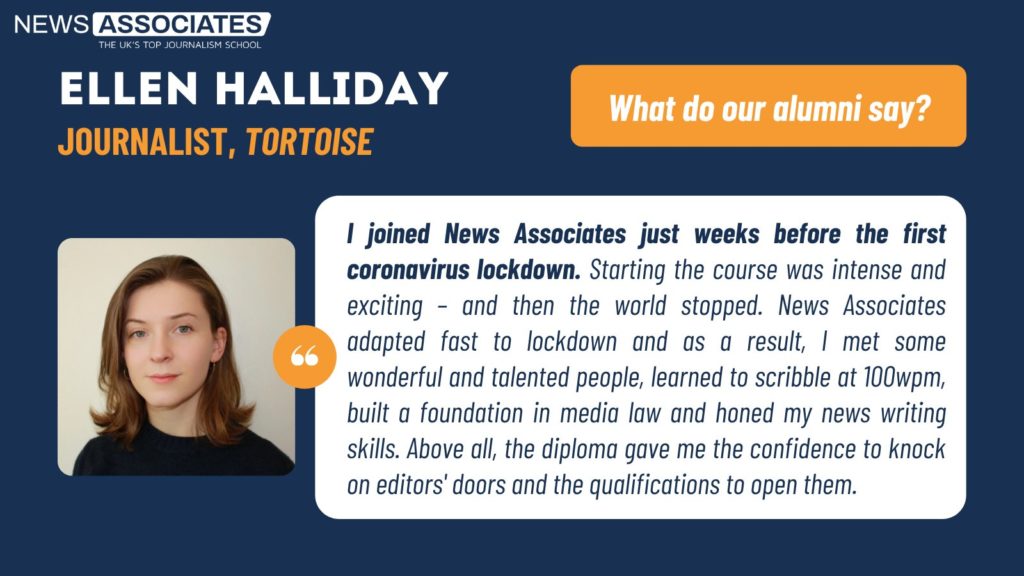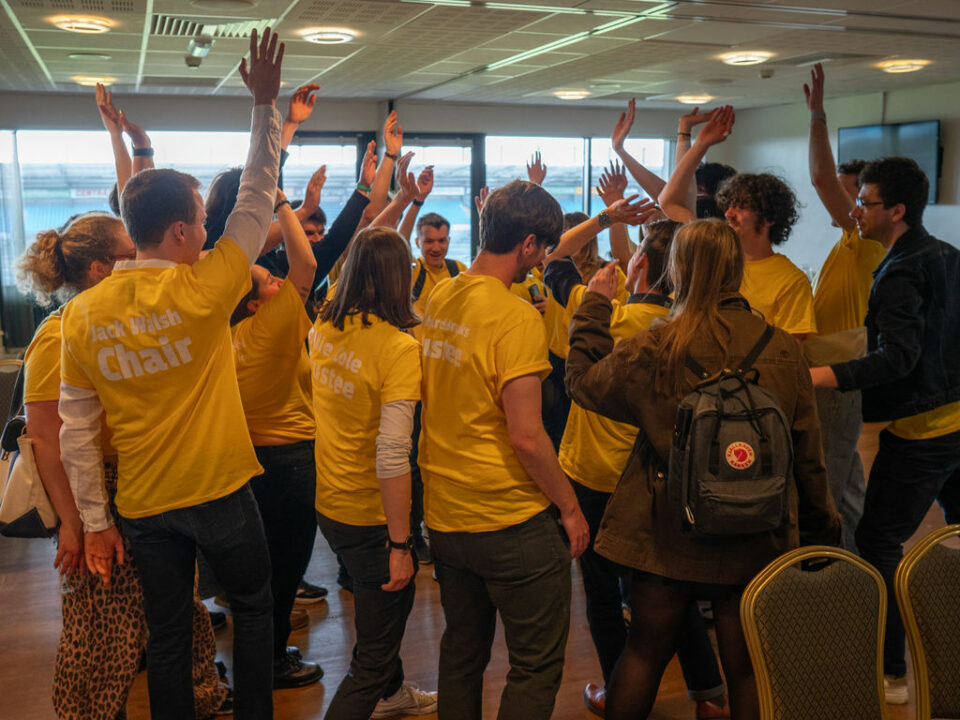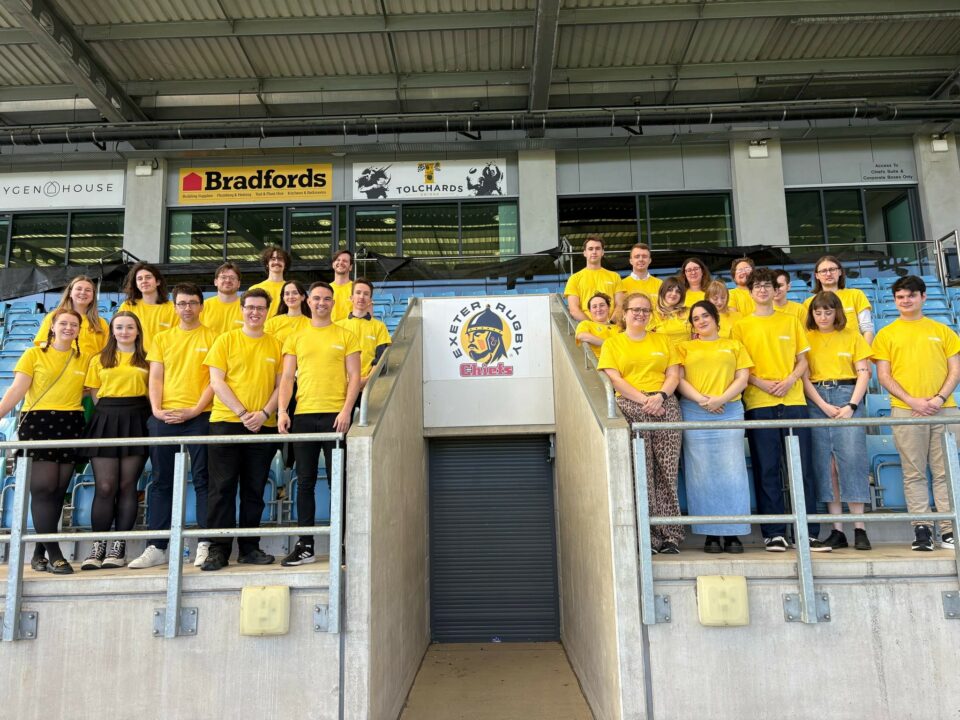
How to pitch and write an opinion piece

Why study data journalism?
The road to becoming a journalist often starts with the NCTJ. Here is our comprehensive guide to what it is and how News Associates can help you get this all-important journalism qualification.
What is the NCTJ?
It stands for the National Council for the Training of Journalists. It is a charity which provides a world-class education and training system for aspiring journalists, meeting the demands of a fast-changing multimedia industry.
NCTJ accreditation is widely viewed in the industry as the benchmark of excellence for journalists.
Do I need an NCTJ to get a job in journalism?
An NCTJ qualification shows employers you have the fundamental skills needed to make it in a newsroom today, such as working at a fast pace and having sound knowledge of media law and the industry.
Mark Hudson, head of early talent at News UK, said: “Our titles always look for journalists with NCTJ qualifications.
“Passing industry-standard exams like shorthand at 100 words a minute shows the type of determination and persistence needed to succeed in a newsroom.”
Andrew Young, editor of SWNS news and media content agency, said: “If you have an NCTJ qualification, your application will go to the top of the pile of potential interviewees.”
Should I do a journalism master’s course?
Many aspiring journalists may consider a master’s in journalism to get their foot in the door.
However, many master’s programmes come without NCTJ accreditation, and therefore may not be as desirable to employers.
Toby Granville, Newsquest editorial director – the second largest publisher of regional and local newspapers in the UK – said: “There are countless courses claiming to teach journalism but if they are not NCTJ accredited, they are not teaching the right skills and gold standard needed for our newsrooms.”
What is the difference between an NCTJ and a BJTC?
BJTC stands for the Broadcast Journalism Training Council, which accredits journalism courses across the UK.
The NCTJ develops and awards distinct qualifications and sets the assessments across all its courses, ensuring all trainees meet the same requirements to achieve gold standard. It is known as the industry-standard qualification and is often specified on job adverts.
The Broadcast Journalism Training Council (BJTC) does not offer or award its own regulated qualifications and does not set the examination for BJTC-accredited courses – it accredits existing degree courses, essentially saying those courses meet with their approval. Therefore, it is not a standard, like the NCTJ is.
Finally, BJTC-accredited courses can be quite production-focused, while NCTJ courses focus on the all the various essential skills needed to become a journalist in 2021.
How do I get an NCTJ qualification?
If you want an NCTJ qualification, you have plenty of options – you can get an NCTJ diploma on its own as a fast-track or part-time course from an independent provider like News Associates, or you can take it as part of an undergraduate (like at the School of Journalism) or postgraduate degree.
To be NCTJ-accredited, a trainee must demonstrate their ability in ‘core skills’ which include a multimedia e-portfolio, media law, journalism ethics and much more.
These skills are taught alongside a range of other modules – including journalism for a digital audience – which prepare trainees for a future career in journalism and are continually updated to reflect changes in the industry.
What NCTJ courses does News Associates offer?
News Associates was recently named the UK’s number one NCTJ journalism school for the sixth straight year, and has been the top independent fast-track course provider for eight years running.
The postgraduate NCTJ courses on offer at News Associates are:
- Fast-track NCTJ Diploma in Multimedia Journalism (full-time, 22 weeks). On the fast-track course you have lessons Monday-Thursday with a placement day each Friday, providing the opportunity to get real-world journalism experience and expand your portfolio.
- Part-time NCTJ Diploma in Multimedia Journalism (40 weeks). News Associates part-time courses are the perfect way to get your NCTJ training alongside a full-time job.
- NCTJ Diploma in Multimedia Sports Journalism (full-time, 35 weeks). Run in association with national press agency Sportsbeat, there is a strong focus on practical experience. You study four days a week with a day a week on placement.
You can register your interest or apply for News Associates courses here.
For a taster of News Associates’ award-winning training, try out their free online workshops.






